A very popular consensus among the layperson, the educated, and the autodidact alike is that chess (or Go) is the ultimate game of skill and strategy. Being really good at chess (or Go) makes someone appear smarter, more pensive, and is a great shortcut to establishing that a fictional character should be taken seriously when they say anything remotely academic. But are the tropes about chess (…or Go) actually true? Do abstract lifestyle games like chess, Go, or shogi have the tangible value we place upon them as a society? It would certainly seem that dedicated players believe so. I’m here to tell you the emperor (king) has no clothes.
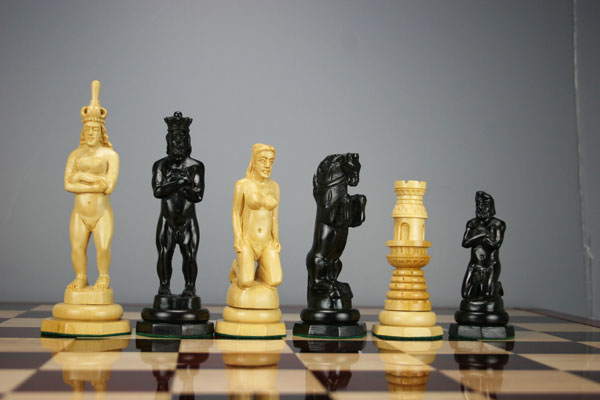
In order to expose the mythical god of board gaming as nothing more than smoke and mirrors, I have to expose myself. In a metaphorical sense. Let me take a moment to vet myself: I suck absolute balls at chess. Not because I “just can’t even”, but because I received extensive training by a close friend of mine with a USCF rating between 2200-2399 (Master) and quickly started to see some troubling patterns emerge. I’m not, by any means saying you should stop enjoying or playing chess—you do you.

Fuck you, it’s fun!
However, symmetrical, nonrandom, abstract, lifestyle games of open information have some really inherent flaws built straight in. First let’s talk about why they’re so satisfying, in list form of course!
- You feel culturally satisfied: all of human culture has groomed you to think you’re superior to normal people
- I read somewhere there was a study that playing chess increases your IQ
- Achieving mate against someone feels amazing. Like when you set up this great knight-rook combo in late game and fuck your opponent into the stratosphere
- Learning new tips feels novel and gives a rush of endorphines every time: control the center four spaces, defense formations, strong openings, black’s role as a counter-gambit player, achieving piece or move advantage
- Being creative and besting someone with seat-of-your-pants solutions
It certainly seems difinitive: I hearby recant everything and declare chess as the greatest game of all time, never to be dethroned! But wait…
Science didn’t say shit
If playing chess actually increased your IQ in a measurable way, you would’ve learned about it first from a journalist or research paper, not a rumor on the internet or a movie. When people say chess increases the IQ, they’re referencing a study that was performed on children and the elderly. The fact is, children’s brains are plastic and can be molded for the better by just about anything that can increase cognition, like videogames. You don’t win any points for improving a brain whose entire library of memories include dribbling food, eating dirt and playing “I’m not touching you”. As for the elderly, the study states that their brains stay stimulated and don’t atrophy when subjected to regular injections of wooden penises resting on alternating squares. However, just about every study involving any mind activity helps the elderly in the exact same way—like reading. Those same studies showed that doing something you consider boring to be the same as doing nothing. So what about people between the ages of “drool on my own pants” and retirement?
Chess is turning you into a computer
Wait. Hold on. Before you celebrate your new recruitment into the cyborg revolution, let’s take a step back. Being like a computer is distinctly inhuman. It’s so difficult to get computers to think like us, that blind tests of the most advanced A.I. can only fool laypeople into believing they are talking to an annoying, random, wise-cracking five year old at best. Meanwhile, you would probably shy away from trying to evaluate 61 / 21462 mentally. But that’s exactly what playing chess rewires your brain to do. It’s actually not very impressive to be good at calculation in a world where computers exist, especially when mathematics is mostly a field of understanding relationships and creative problem solving.
So why, then, would people celebrate scientific papers that claim you become a calculating machine (albeit with different symbols)? Probably because we’ve been brainwashed from elementary school to think that math is addition, subtraction, multiplication, long division, and fractions. A real A.I. can actually solve problems better by largely ignoring arithmetic and just abusing the shit out of its fast computational power to play 100,000 games of Ogre using evolutionary gene theory to optimize play.
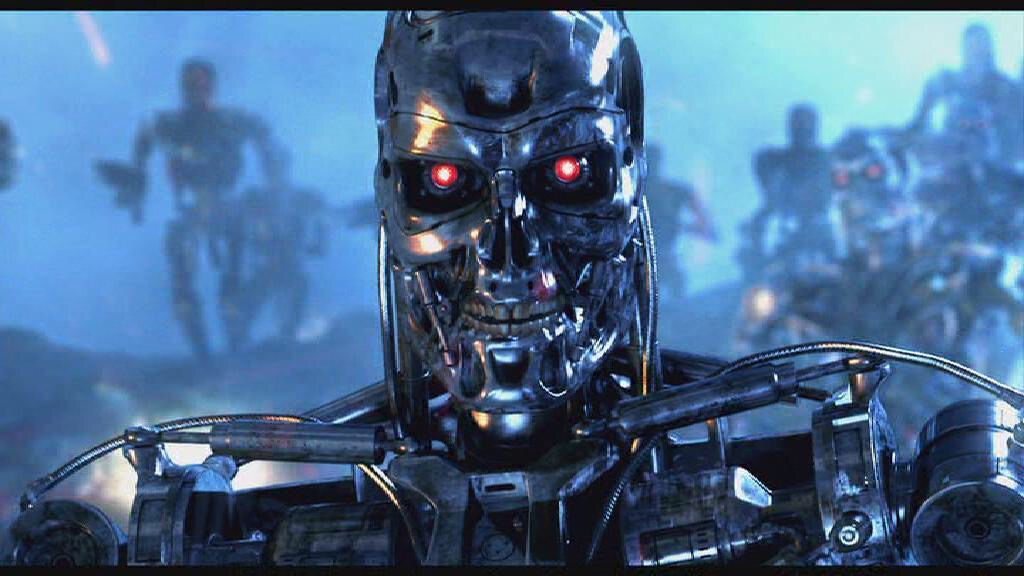
But not a good enough computer
Oh shit son, here’s what you totally saw coming. See, the problem with chess is that computers are provably magnitudes more baller at the game than our greatest of human meatkin. Don’t believe me? Here are the rankings of the top human players to ever live:
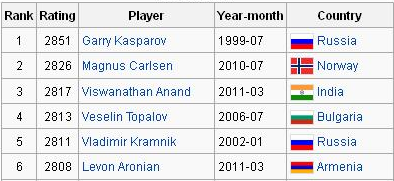
So what about our silicon rivals? Everyone remembers the story of IBM’s Deep Blue kicking the living shit out of Kasparov, arguably our best chess player on paper. Well, that was back on 1996 hardware and well, computers have kind of advanced a tad since then.
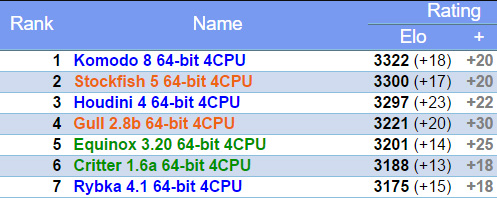
That’s not even in the same league as a human player! Literally, we have an entirely separate sphere of competition where only computers fight against each other for all time. Modern grandmasters use advanced stack-computation to plan moves ahead of time and then simply memorize as many as possible. For the longest time, it’s been known that chess openings are pure memorization, not subject at all to computation or creativity. What’s worse is that in modern 2600+ rank play, humans don’t even finish games. They either deliberately draw game to protect their record (one of the many downfalls of Elo) or concede so many turns before any spectator thinks its necessary that chess has become completely boring to watch live.
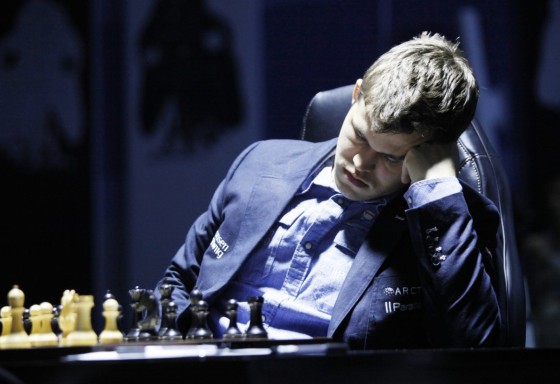
What chess is really about
Look, this is the part where I say something based on extensive knowledge of computers, A.I., research into scientific papers, Game Theory, and years of math hobbyist work and then you say “Fuck off, you can’t say anything about chess until your Elo is 2000+” or some other such bullshit. Let me explain something upfront; this isn’t about opinions, this is about cryptography. That’s a subject I have spent the better part of a decade learning and practicing. Computers that beat the everloving piss out of humans do so by employing crypto-breaking tools such as brute force and machine learning. Think of the optimal game as a super complex password. Something like e4;e5;Nf3;Nc6… the end result of which “solves” that particular game. This analogy works since, as you’re brute forcing the password key, you have no idea what it is. Similarly, an opponent playing every other move is throwing off your ability to guess.
Computers can employ the exact same shortcuts and tricks as humans. Such as memorizing every optimal opening and counter opening into a database, then regurgitating it with trivial ease. Now that you’ve thoroughly been bored out of enjoying early game, let’s move to midgame where computers can calculate thousands of stack levels deep. This means they calculate every decision tree and its decision trees many many levels, then find the rollback Nash equilibrium that results in the most favorable board state for it moving forward. They can track this using values representing piece advantage (“points”), move advantage (getting extra turns), and center control just to name a few. All of which are tactics players must drill for thousands of hours. A computer has these down from the variable initialization! The late game is even more depressing as computers in a near-stalemate actually take risks rather than continue to stagnate the game. This shows in their win rate as two computers rarely ever draw. Not having a reputation to protect and being completely immune to physical needs or stress makes them unwilling to bide time and let their opponent make a mistake.
Okay, so maybe thinking about how computers are better at chess is just depressing. You might say “real people don’t calculate thousands or whatever moves ahead, it’s still fair”. Actually you’re dead wrong. Humans are notoriously good at shortcut heuristics. We can see the underlying relationships between two sets of patterns. People like Kasparov are the best at these pattern recognition schema. Pair that with good old fashioned meatspace mental brute force and the best players really are thinking like computers. That’s because chess is solely a game of calculation. There’s that word again—I seem to remember saying humans were particularly shit at that.

Chess is a game that hooks you for hours into believing you’re getting smarter and better at puzzle solving. Technically, you can get better at puzzle solving with it but there are many ways to do this. Most of which employ something humans are inherently better at than machines: creative relationship understanding. Oh shit, there’s that thing I said earlier! Isn’t it crazy how I looped all the way back to that at the end?
Humans are for math, not calculation
Calculation is a very inhuman activity and virtually a worthless skill when pitted against something much superior: understanding. There’s understanding in abstract lifestyle games for sure, but not nearly on the level of games that incorporate:
- Hidden information (bluffing, lying)
- Asymmetrical actions, starts, or goals
- Intangible tradeoffs (apples to oranges)
- Identifying relationships and mutual interdependence
These are things modern A.I. just cannot do at the level humans can. When a computer decides to try to bluff or lie, it has to do it with some mixed strategy that players can eventually discern with enough observation. Players on the other hand, often change up the ratio of when they bluff when necessary or tell the truth when it could hurt them based on live feedback in the game. Asymmetry, other than adding interest, is something humans are also good at adapting. In trade, this is called appraisal. And no, randomness does not foil computers, they’re actually insanely good at converting those to expected values and trucking on. Hell, I can do most of that in my head. The lesson here is try and play some more modernized games if you get bored with chess.
“CHESS IS NOT BORING!”
“But Alice,” you say in a strangely straw-man-like voice, “what if I enjoy the piss out of chess and you can go fuck yourself?” Well okay then. I say, have at it and enjoy yourself. What, you thought this was an article about how you’re having badwrongfun? Far from it. This is an article about how the emperor has no clothes and should be dethroned. When we put a game up on a pedestal such as chess or Go, we’re stating as a matter of fact that no other game is a larger test of skill, dedication, or humanness. This sets a lot of new players up for failure if they don’t immediately and forever find the games to be the most fun they’ve ever had. Try to appreciate chess for what it is: iterative, causal, puzzle-solving. Don’t be afraid to get out there and try some designer board games, chuck a little dice, pretend to have a good hand of cards, or look for the right opening to use your unique player powers.

But what do you think, does chess deserve its spot in humanity’s cultural and gaming significance, or is it time to put this meme to rest?

Leave a comment